BALTIMORE, MD – The Maryland Zoo in Baltimore is happy to welcome a 15-year-old male Western African slender-snouted crocodile (Mecistops cataphractus) to the Chimpanzee Forest. Baron, named for Jean Léopold Nicolas Frédéric, Baron Cuvier, a French naturalist and zoologist who first described the species, recently arrived from a private facility in Florida to take the place of two adult slender-snouted crocodiles. After a mandatory 30-day quarantine, he has spent time becoming accustomed to the space, as well as the African mud turtles and cichlid fish that share the habitat.
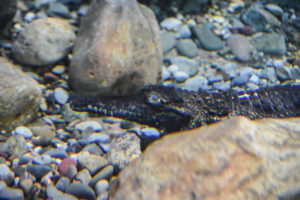
“Crocodilians tend to be long-lived and grow very slowly. Baron may be 15-years-old, but he is only four-feet-long and, at just over 17 pounds, he weighs less than all the African mud turtles that share the habitat with him combined (at approximately 22 pounds),” said Kevin Barrett, reptile & amphibian collection and conservation manager at the Zoo. “He is fed a healthy diet of frozen/thawed rodents and fish, so he won’t be bothering the turtles and cichlids that share the habitat with him. He is adjusting quite well and we are really looking forward to introducing him to our visitors.”
Western African slender-snouted crocodiles are native to Western Africa, and are primarily found in tropical rainforests and lightly covered savanna woodlands along the shores of shallow rivers and larger bodies of water. They are most frequently found in freshwater environments and occasionally in brackish waters of coastal lagoons.
“We are very happy to have the renovations to the habitat complete so guests can continue to learn about this amazing species,” continued Barrett. “Besides replacing the large viewing window, we completed some minor repairs inside the habitat, as well as making made the land portion of the habitat area more functional for employees.”
Slender-snouted crocodiles are listed as “critically endangered” on the IUCN Red List of Threatened Species, making it one the most endangered crocodile species on the African continent as well as one of the most critically endangered species on the planet. Populations appear to be in a slow decline, mainly due to habitat loss.

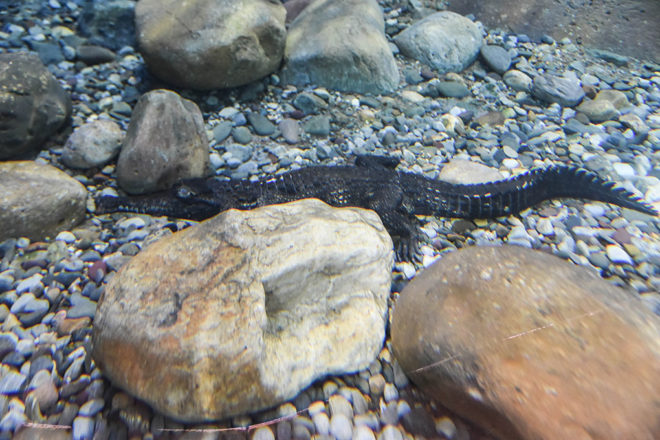
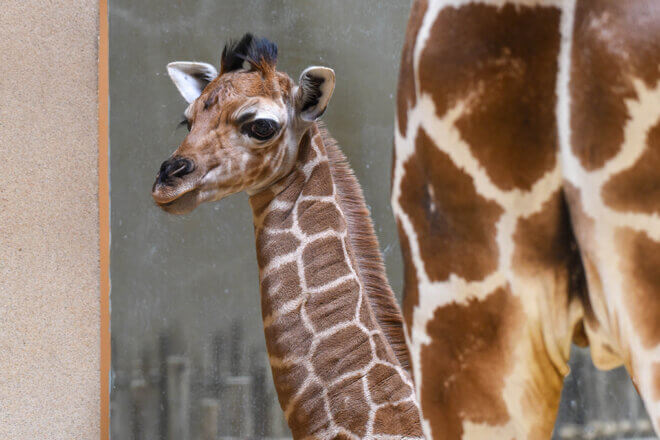
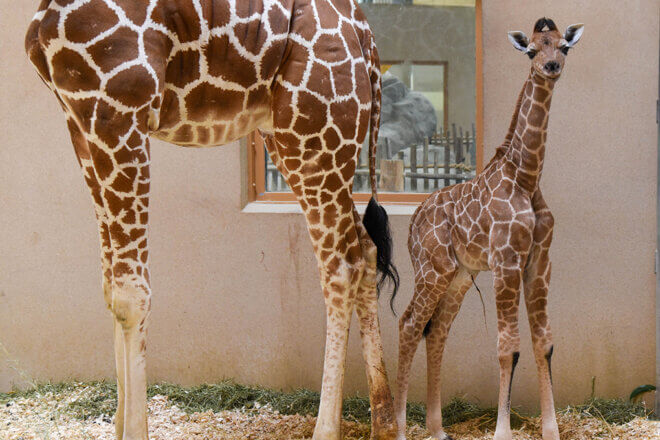

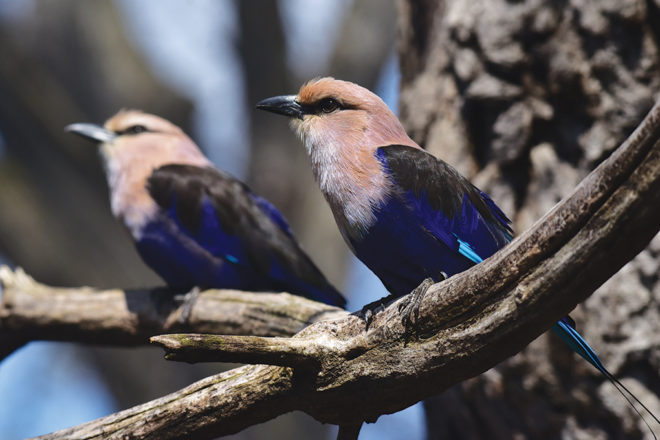
Share this article